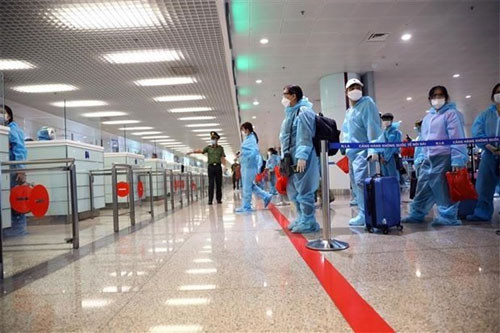 |
Travellers line up for procedures at an airport before entering Vietnam.
(Photo: VNA)
Associate Professor Tran Dac Phu, senior advisor at the Public Health Emergency
Operations Centre at the Ministry of Health (MoH), affirmed that Vietnam is yet
to adjust its COVID-19 preventive measures and quarantine requirements for
“vaccine passport” holders, which is a new concept describing people who have
received two full doses of a COVID-19 vaccine.
He added that vaccines are deemed the most effective measure to fight infectious
diseases, explaining that countries permitted vaccinated people to travel during
cholera and yellow fever epidemics and even the plague. Attention, however, must
be paid to any potential risks.
Vaccine research generally requires five years or more. As COVID-19 vaccines
have received emergency approval, a number of matters have remained unclear and
some vaccines may be less effective against emerging variants, Phu noted.
There are also risks from counterfeit “vaccine passports”. All countries should
therefore assess the risks and benefits and adopt suitable measures.
Vietnam has implemented efficient preventive measures to keep the pandemic under
control, he added. Although vaccinations are underway, preventive measures are
still needed, especially the “5K message”: khau trang (facemasks), khu khuan
(disinfecting), khoang cach (distancing), khong tu tap (no gatherings), and khai
bao y te (health declarations).
Earlier, addressing the launch of the COVID-19 vaccination drive in Vietnam,
Minister of Health Nguyen Thanh Long said its system for vaccination and later a
“vaccine passport” will be linked with international systems and managed by QR
code.
Those immunised will receive a certificate and have their details updated on
electronic health records, he said.
The MoH will keep a close watch on data in the personal health record system for
those vaccinated. More than 97 million records have already been prepared.
Source: VNA

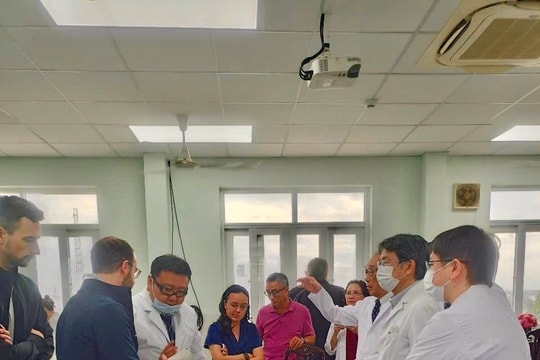
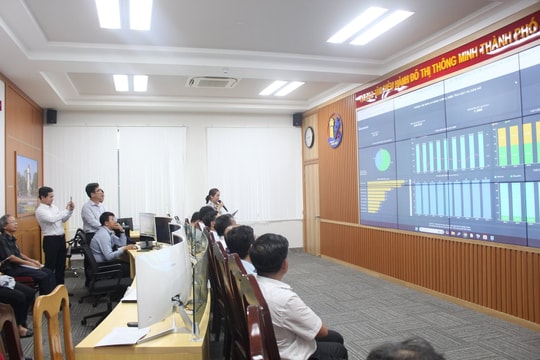
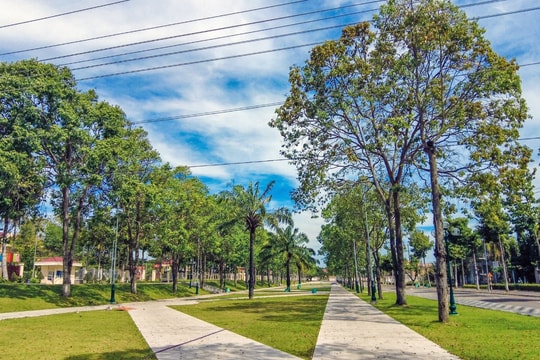
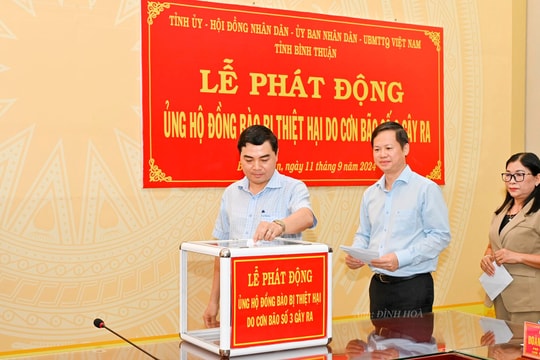
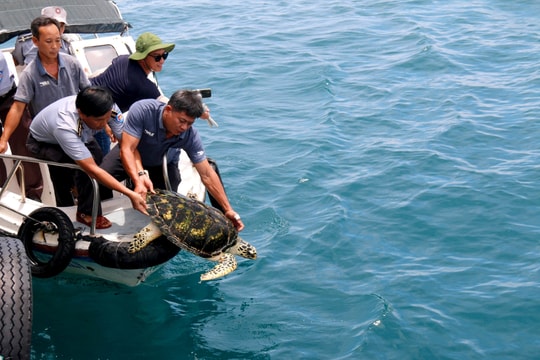
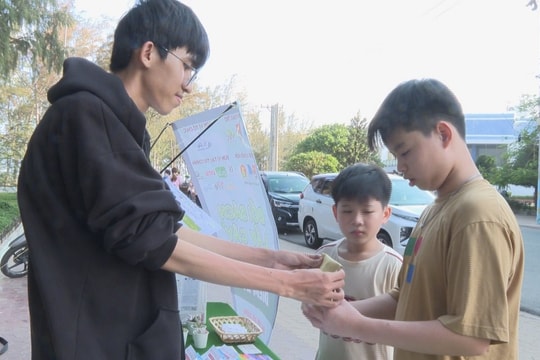


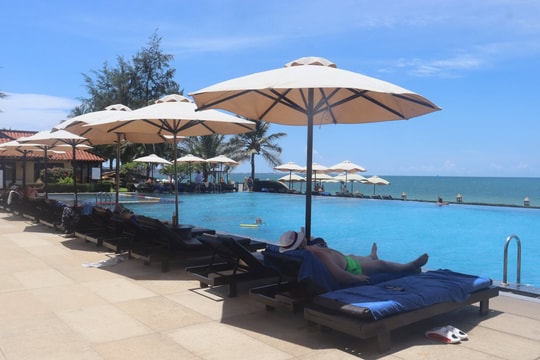



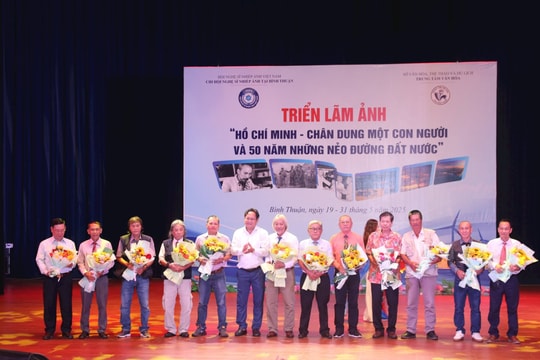


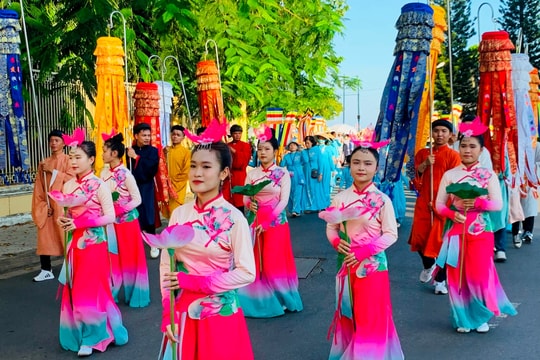



.jpg)


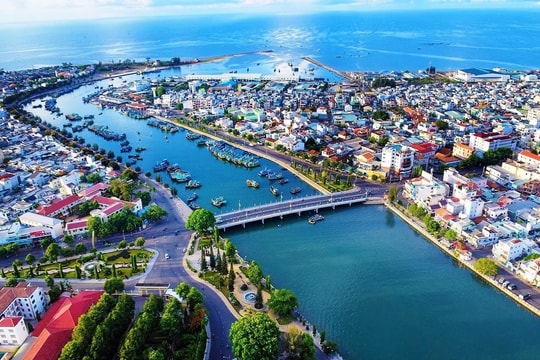


.jpeg)

.jpeg)

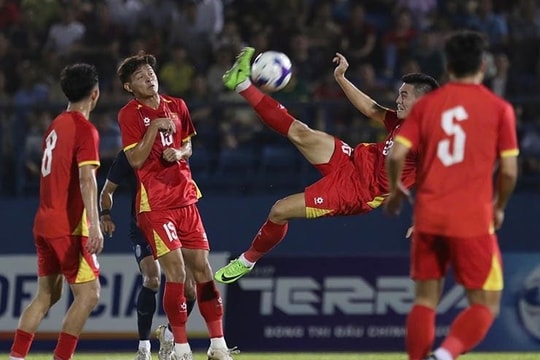
.jpeg)


